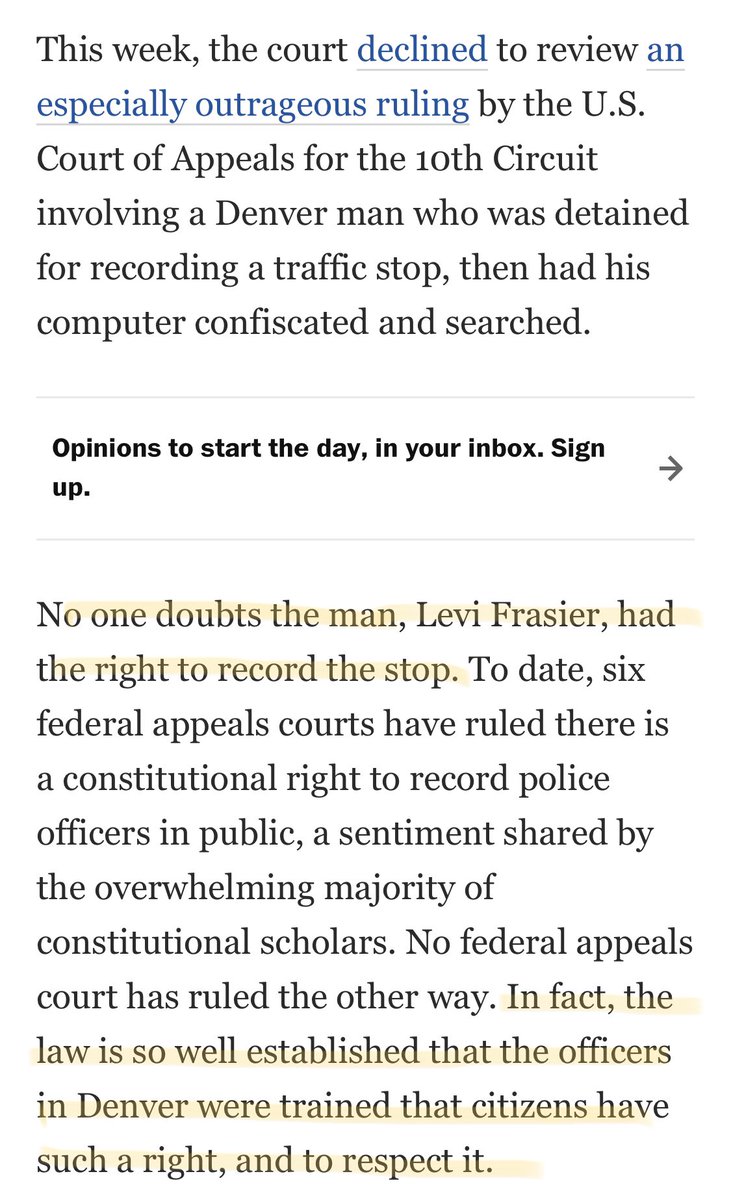
Roughy half the Bill of Rights is devoted to criminal procedure and most of that is about jury trials. The Constitution prescribes a system that's designed both to err in favor of Type I errors (false acquittals) over Type II errors (false convictions) and ensure transparency. /1
But we've almost completely supplanted/subervted the constitutionally prescribed method of adjudicating criminal charges (jury trial) with an ad hoc, extra-constitutional procedure (plea bargaining) that's optimized for efficiency at the expense of literally every other value. /2
It's been an unmitigated disaster. In this piece, I compare the practical elimination of citizen participation in the administration of criminal justice to the effect that the loss of a keystone species like honey bees would have on the ecosystem. cato.org/policy-report/…
Plea bargaining represents a breathtaking repudiation of centuries of accumulated wisdom about how—and how not—to adjudicate criminal charges. At one time in Europe they used judicially sanctioned torture to elicit guilty pleas. chicagounbound.uchicago.edu/cgi/viewconten… 

American prosecutors use the same basic approach—coercion—to elicit guilty pleas, but with less sanguinary techniques such as savage trial penalties, pretrial detention in hellscapes like Rikers, and threatening family members to exert plea leverage. lawreview.gmu.edu/print__issues/… 

It's an absolute disgrace, and in my judgment utterly destroys any claim our criminal justice system has to public respect, confidence, or support. /end
Oh, and you should absolutely read @CBHessick's and @RachelBarkow's respective books—Punishment Without Trial and Prisoners of Politics—for a deeper dive. amazon.com/Punishment-Wit…
• • •
Missing some Tweet in this thread? You can try to
force a refresh





